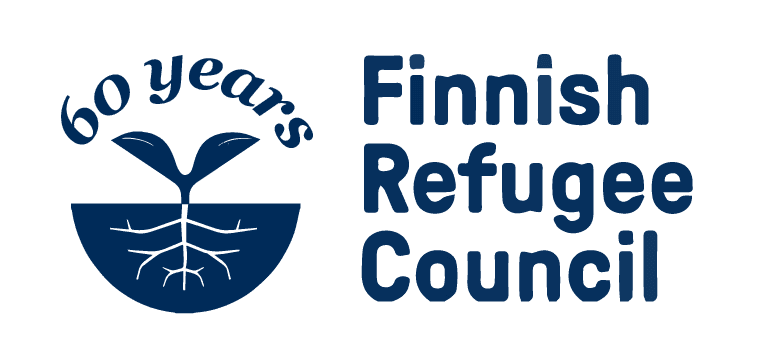Riek yat Wich Duel, 57, recalls the moment his village was caught in the middle of a war that forced families to disperse. Parents and children were separated, and sadly, Riek also lost two of his children. To this day, Riek does not know where all his relatives are. Inevitably living in South Sudan became impossible due to the unrest and uncertainty caused by the ethnic war.
‘’Because of the war we all run to jungle with our children to save our life and then we left our country when the war intensified, and harsh full killing started to take place and we flee to nearby country, Ethiopia to seek for settlement’’, Riek says.
Riek and his family traveled on foot from South Sudan to Ethiopia, walking through the desert without food or water. Their journey was long and stressful, but they arrived safely to Ethiopia, where they received temporary shelter. They were registered and brought to Jewi refugee camp where they are still living today.
Despite the relative safety they have found in the camp, Riek has experienced many struggles adjusting to life as a refugee. Riek’s family is dependent on what they receive from the World Food Programme monthly. However, the food they get from WFP is not enough, and with no livelihood activities in the area, they are unable to afford to buy more food or other necessities. Living conditions and health care at refugee settlements are also inadequate.
‘’Things are not good like when we were at home country and when there was peace. At South Sudan we used drink milk as we have more cows, fishing was our major livelihood activities as well’’, Riek reminisces.
At the Jewi refugee camp Riek has participated in the Finnish Refugee Council’s functional adult literacy training, which has been a turning point for him. He is now able to read and write in his mother tongue and has become an advocate for education for children and their families.
‘’There was no chance to go to school for education at home country at our school age stage. The reason was that our families they do not know the importance of education. My dream is to teach my children and enable them to become self-reliant economically and go back to South Sudan and participate in restoration of peace’’, Riek narrates.
Riek also highlights the importance of adult education and hopes that even more adults would get the same chance as him to educate themselves. In the FRC service center Riek has learned about the importance of hygiene and some agricultural terminology and activities, which can help him improve his livelihood. The service center also provides a platform to interact and discuss his problems with classmates. According to Riek, that is a moment of relief, reduced stresses and relaxing for him.
The Finnish Refugee Council aims at empowering refugees and host communities in Ethiopia. The realization of the right to education, at the centre of our strategy, appears to be particularly relevant for South Sudanese refugees, considering the exceptionally high illiteracy rate among them; the literacy rate in South Sudan is the third lowest in the world, only 27 percent. With access to education, it is possible to provide refugees with tools they need to better influence their lives and have a brighter future.
Read more about our work in Ethiopia.
SUPPORT ADULT EDUCATION OF REFUGEES
By donating you support adult education and employment of refugees and help secure livelihoods for families in Ethiopia.
Examples on how different amounts can support refugees’ well-being, independence and participation in the society:
- with 15 €, one refugee can participate in entrepreneurship training
- with 52 €, a refugee learns how to read
- with 300 €, a refugee gets a vocational education


